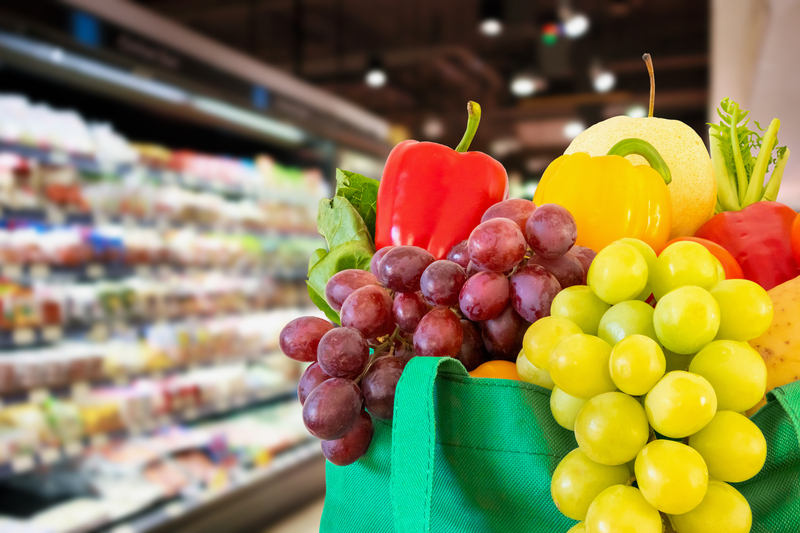Anyone who actually shops for themselves saw the writing on the wall when New Jersey Governor Phil Murphy signed a plastic bag ban into law. Suddenly, shoppers were forced to use non-woven polypropylene ‘reusable’ bags that many found so inconvenient they became the new single-use disposable plastic bag.
According to a new study, whether you’re always forgetting or don’t care about the 5 or 10 cents you pay for each bag, most are ending up in New Jersey’s landfills. The bottom line is that most people are still throwing those bags away, creating more waste than prior to the bag ban.
However, the one positive side effect of the bag ban is that less plastic bag trash is littering the state’s roads. That’s where the upside of the plastic bag ban apparently ends.
Freedonia Custom Research released a report on Tuesday detailing the effects of New Jersey’s single-use bag ban on consumer behavior, retail practices, and the environment. The study highlights complex outcomes, including a 60% decline in bag volumes to 894 million in 2022 and a threefold increase in plastic consumption for bags due to the shift from plastic film to alternative materials.
The thing Governor Murphy didn’t understand when he passed the bag ban is that for most people, single-use plastic bags were used twice or more before ending up in the trash. Kitchens across New Jersey had plastic bag piles under the sink to be used for other small jobs around the home. The new bags aren’t very useful for much else than carrying groceries out of a store.
Many people also use supermarkets’ new home delivery services where these new bags pile up and the only real option for many is to throw them out, because there’s just too many of them.
The report notes a significant environmental impact, with a 500% rise in greenhouse gas emissions from the production of alternative polypropylene bags compared to 2015. These bags, predominantly made of non-woven polypropylene consume over 15 times more plastic and generate more than five times the GHG emissions per bag than traditional polyethylene bags. NWPP is not widely recycled in the U.S. and often lacks post-consumer recycled materials.
Retailers in New Jersey experienced substantial changes in front-end operations due to the ban. The prohibition of free single-use plastic or paper bags led to the sale of alternative bags, proving profitable for retailers. An analysis shows a typical grocery store could earn $200,000 per location from alternative bag sales, with a major retailer potentially gaining $42 million in profits statewide.
However, the study found that alternative bags are typically reused only two to three times, falling short of the necessary reuse rates to offset the GHG emissions produced during their manufacturing. This challenges retailers’ ability to market these bags as environmentally friendly alternatives.
For more information on the study, contact Kristen Pieffer at Freedonia Custom Research: kpieffer@freedoniagroup.com or visit https://www.freedoniagroup.com/.

